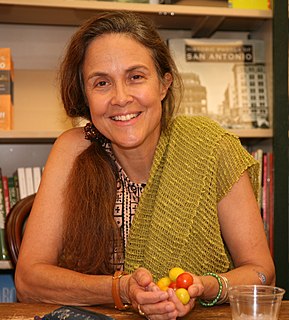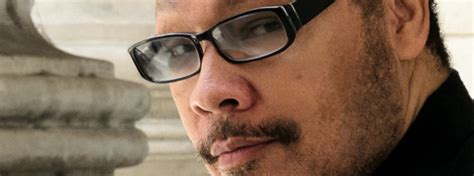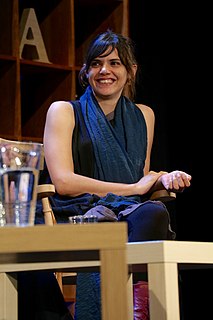A Quote by Geoffrey Barraclough
Anyone who is going to make anything out of history will, sooner or later, have to do most of the work himself. He will have to read, and consider, and reconsider, and then read some more.
Related Quotes
Sooner or later, the ones who told you that this isn't the way it's done, the ones who found time to sneer, they will find someone else to hassle. Sooner or later, they stop pointing out how much hubris you've got, how you're not entitled to make a new thing, how you will certainly come to regret your choices. Sooner or later, your work speaks for itself. Outlasting the critics feels like it will take a very long time, but you're more patient than they are.
If you are going to write, say, fantasy - stop reading fantasy. You've already read too much. Read other things; read westerns, read history, read anything that seems interesting, because if you only read fantasy and then you start to write fantasy, all you're going to do is recycle the same old stuff and move it around a bit.
We academic scientists move within a certain sphere, we can go on being useless up to a point, in the confidence that sooner or later some use will be found for our studies. The mathematician, of course, prides himself on being totally useless, but usually turns out to be the most useful of the lot. He finds the solution but he is not interested in what the problem is: sooner or later, someone will find the problem to which his solution is the answer.
Read your work out loud. Don't give me that look. Read your work aloud. Don't argue. Don't fight. It will help. I promise. I promise. I guarantee it. If you find it didn't help you, lemme know. I will let you Taser me in the face. And by "me," I mean, some other guy who will be my stand-in. Probably some real estate agent or tollbooth attendant.
Cities have often been compared to language: you can read a city, it's said, as you read a book. But the metaphor can be inverted. The journeys we make during the reading of a book trace out, in some way, the private spaces we inhabit. There are texts that will always be our dead-end streets; fragments that will be bridges; words that will be like the scaffolding that protects fragile constructions.






























